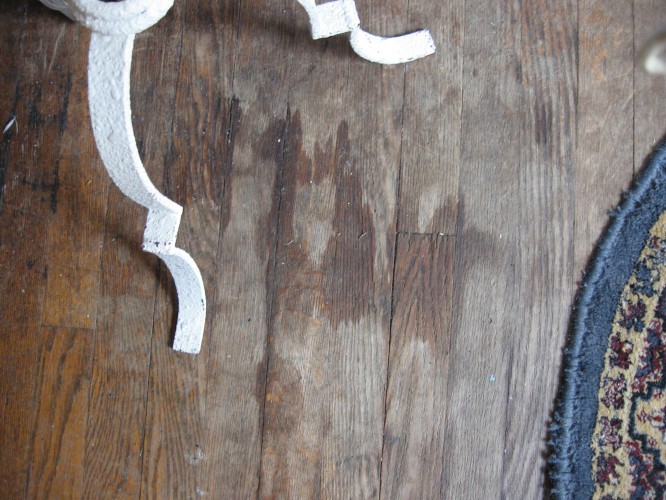This is a poem by Jack Prelutsky, who was my childhood Shel Silverstein — his book The New Kid on the Block is the only poetry other than Ogden Nash that I read for many many years. I have a particular affinity for this poem because, to my chagrin, I often catch myself in the rough equivalent of the activity it describes. (I am, however, getting better at stopping.) Here goes:
my temples are throbbing with pain,
it feels like a freight train with two locomotives
is chugging about in my brain.
I’m sure I can’t stand it much longer,
my skull’s being squeezed in a vise,
as regiments march to the blaring of trumpets,
and thousands of tap-dancing mice.
My head’s filled with horrible noises,
there’s a man mashing melons inside,
someone keeps drumming on bongos and plumbing,
as porpoises thrash in the tide.
An elephant herd is stampeding,
a volcano is blowing its top,
and if I keep hitting my head with this hammer,
I doubt that my headache will stop.
